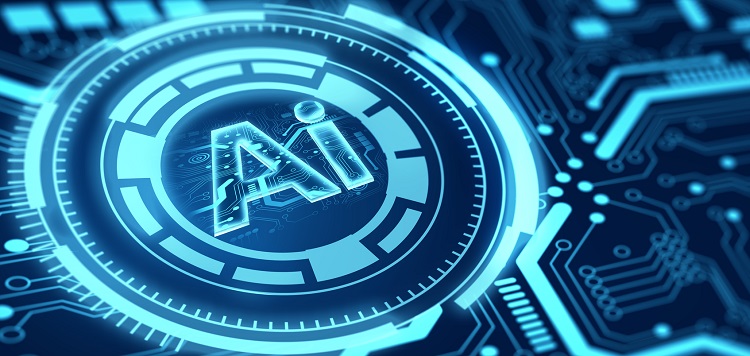Artificial intelligence (AI) is becoming increasingly prevalent in the workplace, leading many employees to worry about the potential for their jobs to be replaced. A recent survey of 3,000 managers across the United States found that 65% of respondents would “gladly replace” employees with AI tools if the work was comparable. This finding is likely to heighten concerns among workers who fear losing their jobs to automation.
Willingness of Managers to Replace Employees with AI
The results of the survey suggest that many managers view AI as a means of enhancing efficiency and decreasing costs. However, this stance is causing apprehension among employees who worry about being replaced by machines. Over 70% of the surveyed managers acknowledged their workers’ concerns regarding job cuts resulting from the implementation of AI.
The survey has also revealed which roles are most vulnerable to replacement by AI. According to the respondents, web development was identified as the most vulnerable with 40% noting that this position could be automated. Marketing came in second with 8%, followed by administrative positions at 7%. Employees in these fields may feel particularly insecure about their job prospects as AI continues to grow in popularity.
Financial Benefits of Using AI
The use of Artificial Intelligence (AI) can bring significant financial benefits to businesses. Here are some of the key ways AI can contribute to cost savings and increased revenue:
1. Streamlining processes: AI can automate time-consuming and repetitive tasks, increasing efficiency and reducing labor costs.
2. Improved decision-making: AI can analyze vast amounts of data to provide insights and predictions, allowing for better strategic decision-making.
3. Enhanced customer experience: AI-powered chatbots and personalization tools can improve customer interactions, leading to increased retention and sales.
4. Fraud prevention: AI can detect and prevent fraudulent activity, reducing financial losses for businesses.
Overall, the implementation of AI can lead to significant savings and revenue growth for businesses, making it an increasingly attractive investment.
Almost 70% of the respondents stated that their businesses could experience financial benefits by replacing a substantial number of employees with AI tools. This shift could have significant implications, as departmental budgets may be directed towards investing in software and tools rather than hiring new staff.
What is the implication of this for workers? Those whose job functions are less likely to be replaced by AI may experience wage growth, while others may need to acquire new skills or seek alternative employment. Employers must recognize that this will result in a more dynamic job market and widen the skills gap.
The Popularity of AI Tools in Times of Economic Uncertainty
The COVID-19 pandemic has resulted in significant economic uncertainty, causing many companies to downsize or shut down entirely. According to a survey, due to the evident financial advantages of using AI tools, 90% of managers believe they will become more popular. However, this may result in more employees losing their jobs.
The increased interest in AI may also create more opportunities for those skilled in its application. Automation has the potential to open up new markets and transform industries, paving the way for new opportunities and sectors that lie ahead.
Concerns Regarding Cybersecurity Risks
With the increasing use of AI tools, there are growing concerns about cyber-security risks associated with them. In a recent survey, 43% of managers identified cybersecurity as a major concern. Any system that utilizes AI is highly dependent on the data being used, including customer data. Therefore, cybersecurity campaigns must incorporate AI security measures to prevent hackers and cybercriminals from compromising AI systems.
The increasing use of AI in the workplace has a significant impact on both employers and employees. Although AI has the potential to improve efficiency and reduce costs, it may also result in job loss for some. Therefore, companies need to strike a balance between the benefits of automation and their responsibility to protect their employees’ livelihoods. Employees must also prepare to adapt to a dynamic job market by acquiring new skills that are in demand. Additionally, it is crucial to ensure the safe use of AI technologies by implementing a robust cybersecurity approach. As AI continues to develop and businesses incorporate these technologies, it remains essential to find solutions that safeguard both employees and businesses.

